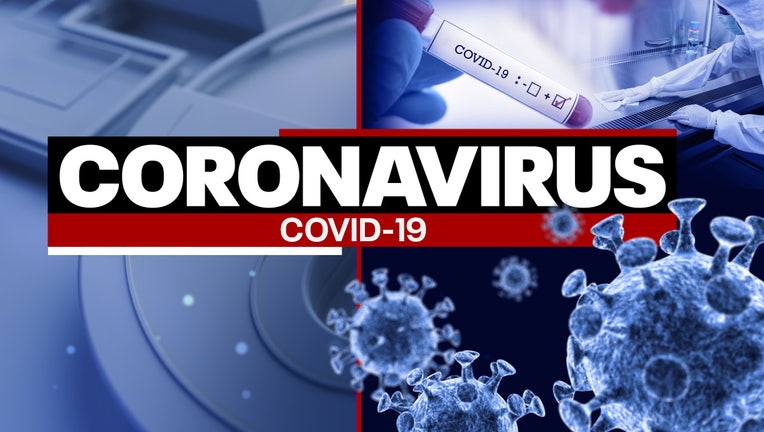COVID remains dangerous for immunocompromised patients: UW Health

MADISON, Wis. - UW Health experts say while many Americans are celebrating the loosening of COVID-19 restrictions, there are millions of others with compromised immune systems for whom the pandemic is far from over.
"Even if most vaccinated people will not get seriously ill if they become infected, many of my patients with weakened immune systems are still rightly very worried about getting sick," said Dr. Jeannina Smith, medical director, transplant infectious disease program at UW Health.
Data shows that vaccinated organ transplant patients, for example, have over 80 times the risk of getting COVID, and once infected their rate of serious illness is 485 times higher than other vaccinated individuals. Of those infected, 50% are hospitalized and one out of every 10 will die. Complications from a COVID infection was one of the leading causes of death among transplant recipients since the pandemic started.
SIGN UP TODAY: Get daily headlines, breaking news emails from FOX6 News
According to the American Medical Association, immunocompromised people account for at least 2.7% of U.S. adults—about 7 million people. This includes people who’ve had organ transplants, stem cell transplants, HIV/AIDS and cancer, as well as those with autoimmune diseases such as rheumatoid arthritis, type 1 diabetes, multiple sclerosis, and inflammatory bowel disease.
Dr. Smith offers the following guidance.
For the immunocompromised:
- Most immune compromised patients should have 4 doses of vaccine (3 if the first dose was from Johnson & Johnson). Get the 4th dose 3 months after your last dose
- Take the preventative treatment Evusheld if you can
- Ask friends and family to get vaccinated and boosted
- Tell friends and family to stay away if they are ill, even if their symptoms seem mild
- Continue to wear a high-quality mask while in groups indoors
- Continue to avoid indoor spaces where you remove your mask, like restaurants, for now
- Opt for outdoor activities when possible
- Have rapid antigen tests (available at pharmacies and online) on hand to test at the first sign of symptoms
- If you test positive, take immediate action to get early treatment. For more information regarding treatment options, visit https://coronavirus.uwhealth.org/
For people with healthy immune systems:
- Get vaccinated and boosted
- Masking might no longer be required, but it is still encouraged in many circumstances: because you or your loved ones are at higher risk, to better protect the vulnerable, or to prevent other illnesses
- Wear a mask in "essential spaces" like the grocery store, pharmacy or clinic
- Stay home if you have symptoms
- If you are planning to meet with someone who may be at higher risk, plan to have your gathering outside or do an antigen test beforehand and stay home if positive.
Featured
Milwaukee man accused, terrorist threats to Milwaukee County DA's staff
A 30-year-old Milwaukee man is charged with making terrorist threats. The accused is Christopher Thurmond.
Featured
Brewers Home Opener offer; Terrace level tickets available for $4.14
The Milwaukee Brewers are back and with players reporting to Spring Training this Sunday, the team announced Friday, March 11 an amazing Home Opener ticket offer for fans.
Featured
Help save Wisconsin's owls
Wisconsin's owls are at risk due to rat poisons and habitat loss. There's a lot you can do at your own home to help.

Milwaukee Fire Department seeks chaplains
We all know how easy it can be to carry our jobs home with us. For those responding daily to calls of gun violence, reckless driving crashes and fires, the stress weighs extra heavy. The Milwaukee Fire Department is seeking answers in faith.




